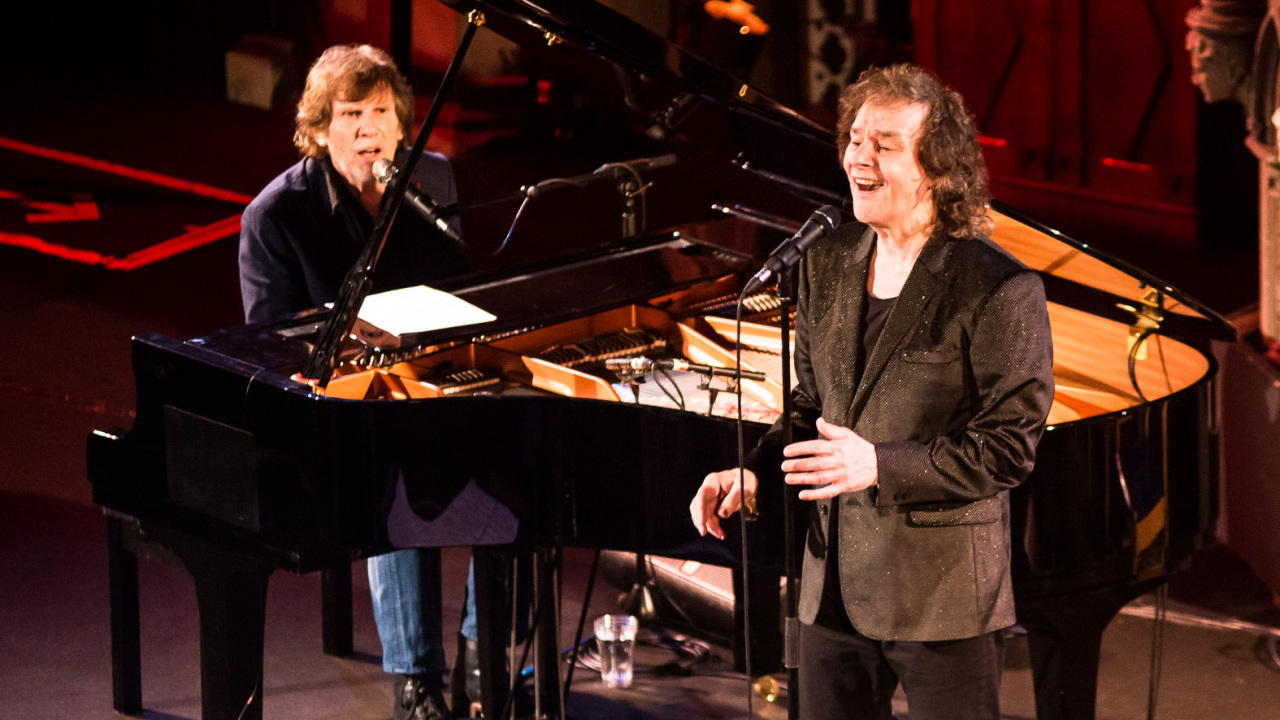You can trust Louder
There are moments tonight which are special, even remarkable. Those are the times when Rod Argent and Colin Blunstone slow everything down, and allow emotions within these songs to flow. It’s on these occasions that you fully appreciate how much of a symbiotic relationship these veterans have.
Conversely, there are other times when everything just palls and pales. Where the momentum is lost and the whole event drags. And then you understand why The Zombies never became iconic in the same way as The Beatles or The Who.
Argent and Blunstone are an odd couple. The latter is edgy and nervous, and despite being one of the finest singers this country has ever produced, his lack of confidence is self-evident. This makes him seem overly reliant on Argent’s presence, but the former is not only a consummate musician, who deserves to be considered alongside Keith Emerson and Rick Wakeman as one of the great keyboard players of his – or any – generation – but has an easy, charismatic rapport with an audience he clearly loves performing for.
Tonight is divided into two sets. The first begins with Rod Argent behind the in-house organ as he introduces Argent’s Rejoice, a song he claims was added at the last minute to the performance when he spotted the organ earlier in the day. This leads into Breathe In, Breathe Out and Tell Her No.
Each track is preceded by a brief exposition from one or both of the performers as to its history. It’s informative enough, but it does get a little disingenuous when Argent lavishes praise on You Make Me Feel Good. Written by former Zombies bassist Chris White, the keyboard master insists it could easily have been released as the band’s first single instead of his own She’s Not There and was equally as good. Quite honestly, it’s nowhere near as memorable as the latter, and comes across as faceless mid-60s pop drivel. But then, White is in the audience, so maybe this was a quick bit of ego massaging?
The first half ends with a triple from Blunstone’s 1971 solo album, One Year. The pair are joined by an impressive string section, but while Her Song is stunning, neither Misty Roses nor a cover of Denny Laine’s Say You Don’t Mind make the most of the talent onstage. It’s all a little anti-climactic.
The second set complements originals with covers, and is patchy to say the least. As in the first half, there are one or two tracks from the projected new Zombies album, but it’s hard to gauge their impact in this context. The best moments come with Old And Wise, the Alan Parsons Project song that’s perfect for Blunstone — as it was on the Eye In The Sky album — and with the timeless, joyful She’s Not There, plus a brilliant solo excursion form Argent on Fiesta.
Sign up below to get the latest from Classic Rock, plus exclusive special offers, direct to your inbox!
But versions of Jimmy Ruffin’s What Becomes Of The Broken Hearted — despite Blunstone habing a hit with it in 1980 — and Little Anthony & The Imperials’ Goin’ Out Of My Head are ill-judged, as is ending on Summertime.
The sold-out crowd’s reaction is enthusiastic but never ecstatic. Argent and Blunstone really do miss having a band onstage with them, but the evening also emphasises the fact that both protagonists got better once The Zombies had split up. Perhaps next time they should rethink the set list, and make it less Zombies-centric. Some more from Argent (the band) and Blunstone’s varied solo career would be more fascinating.
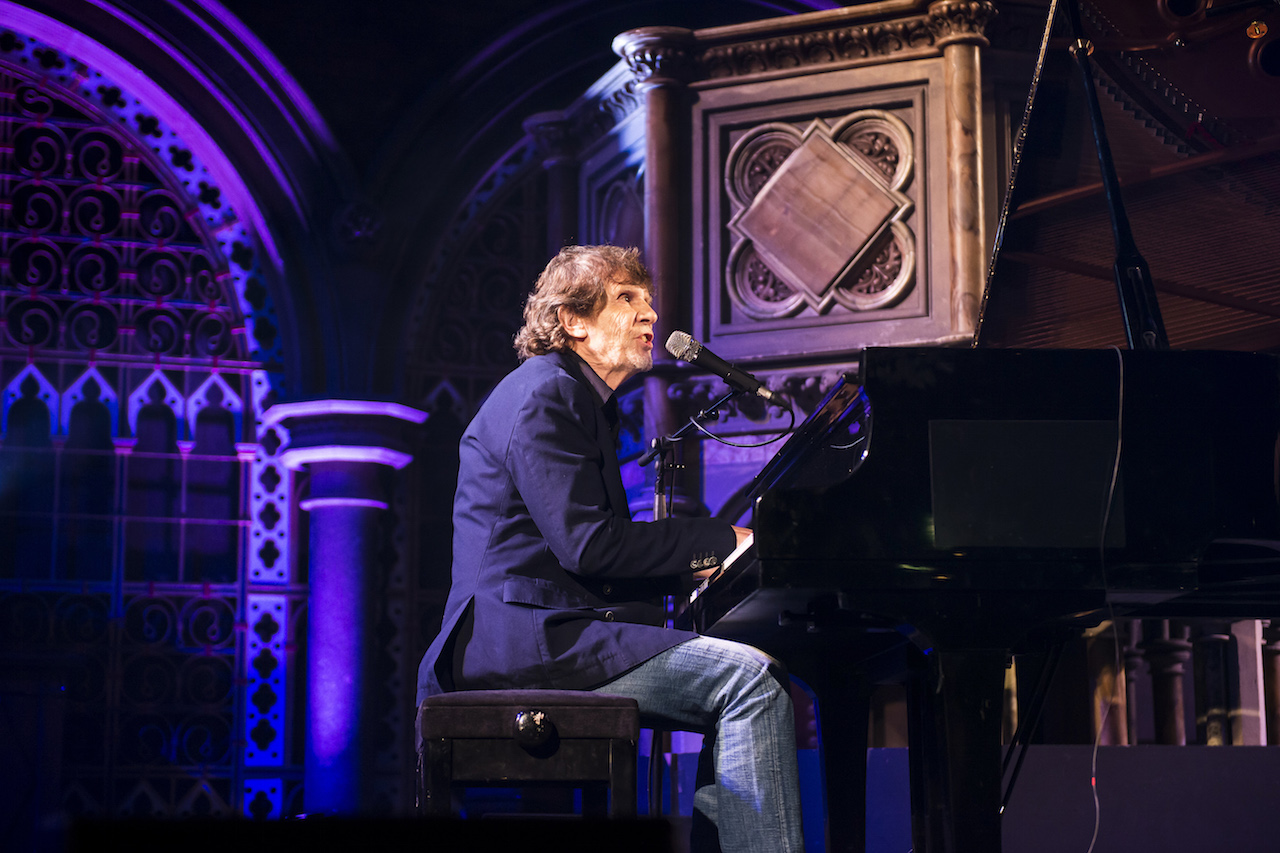
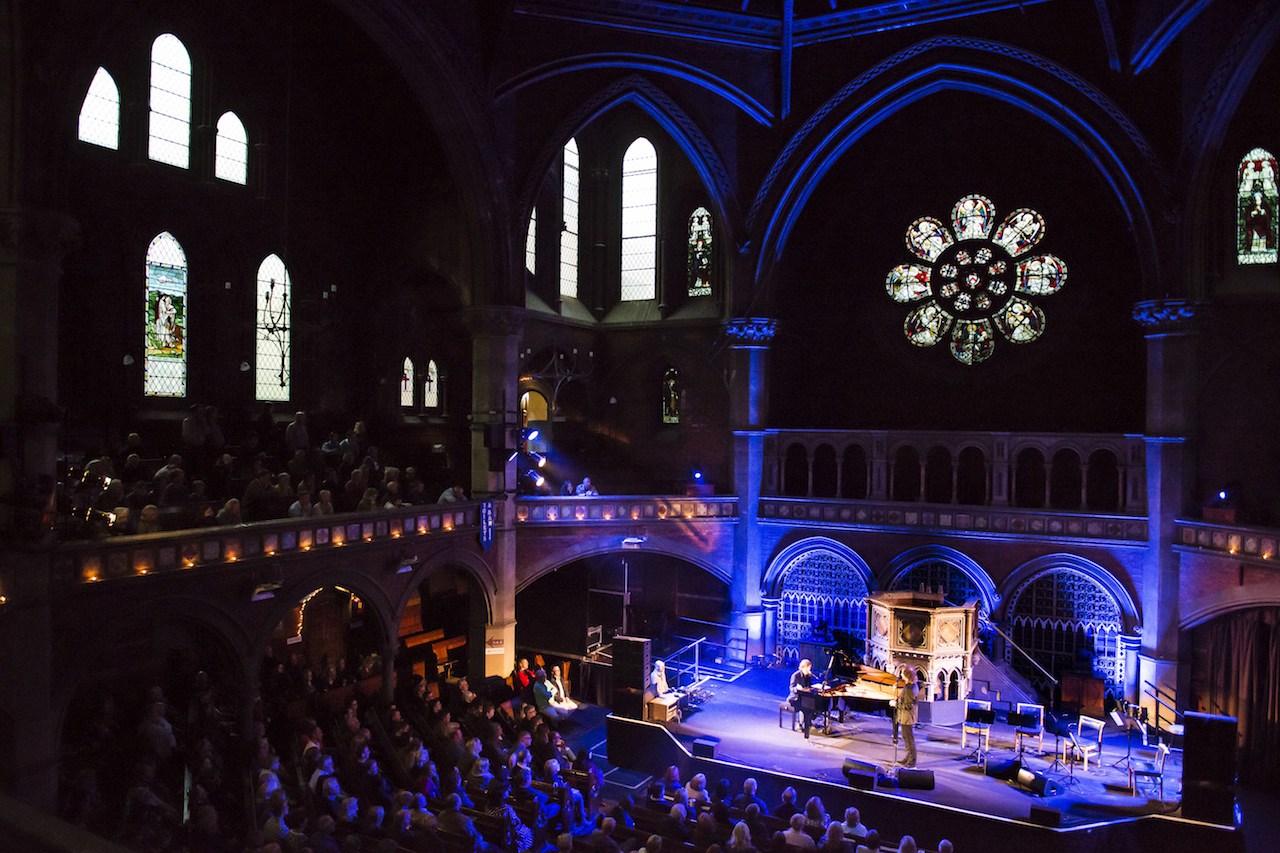
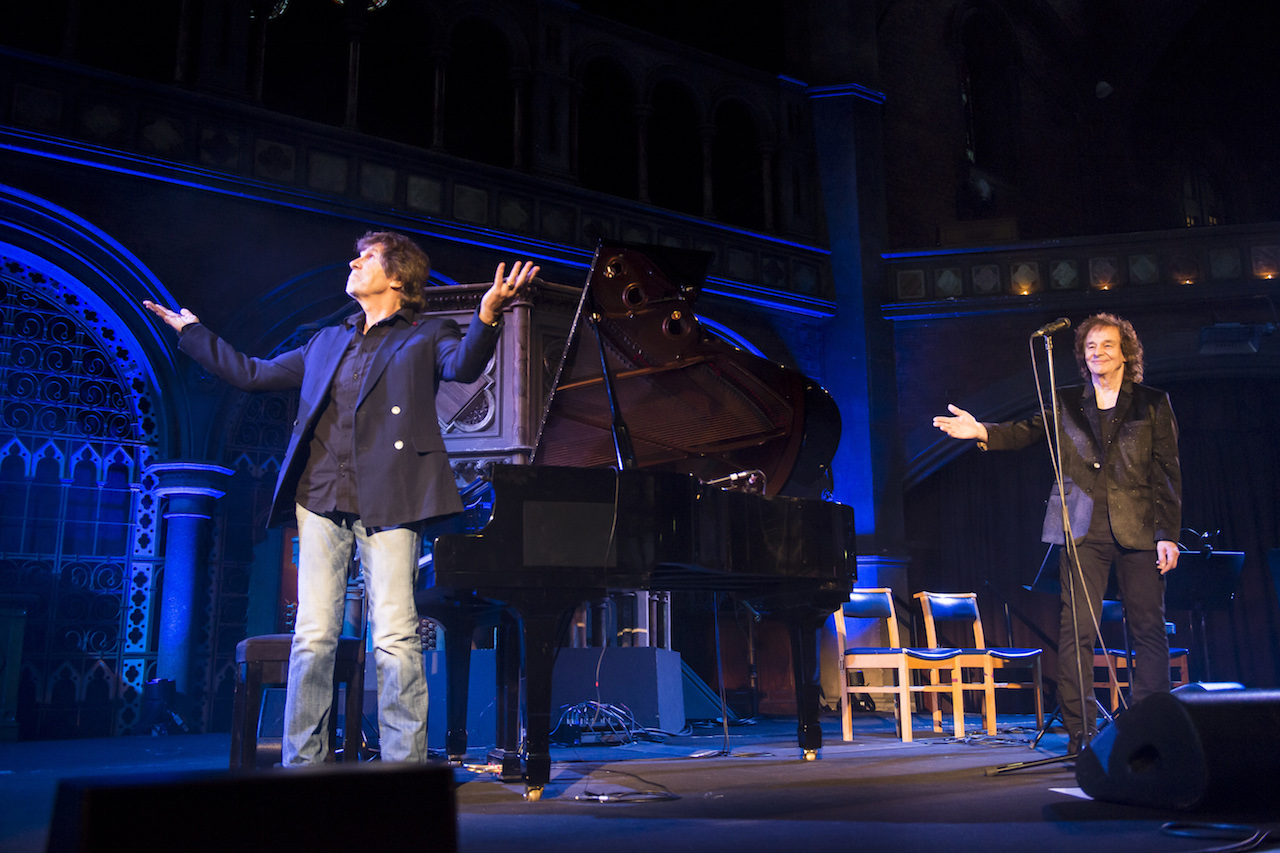
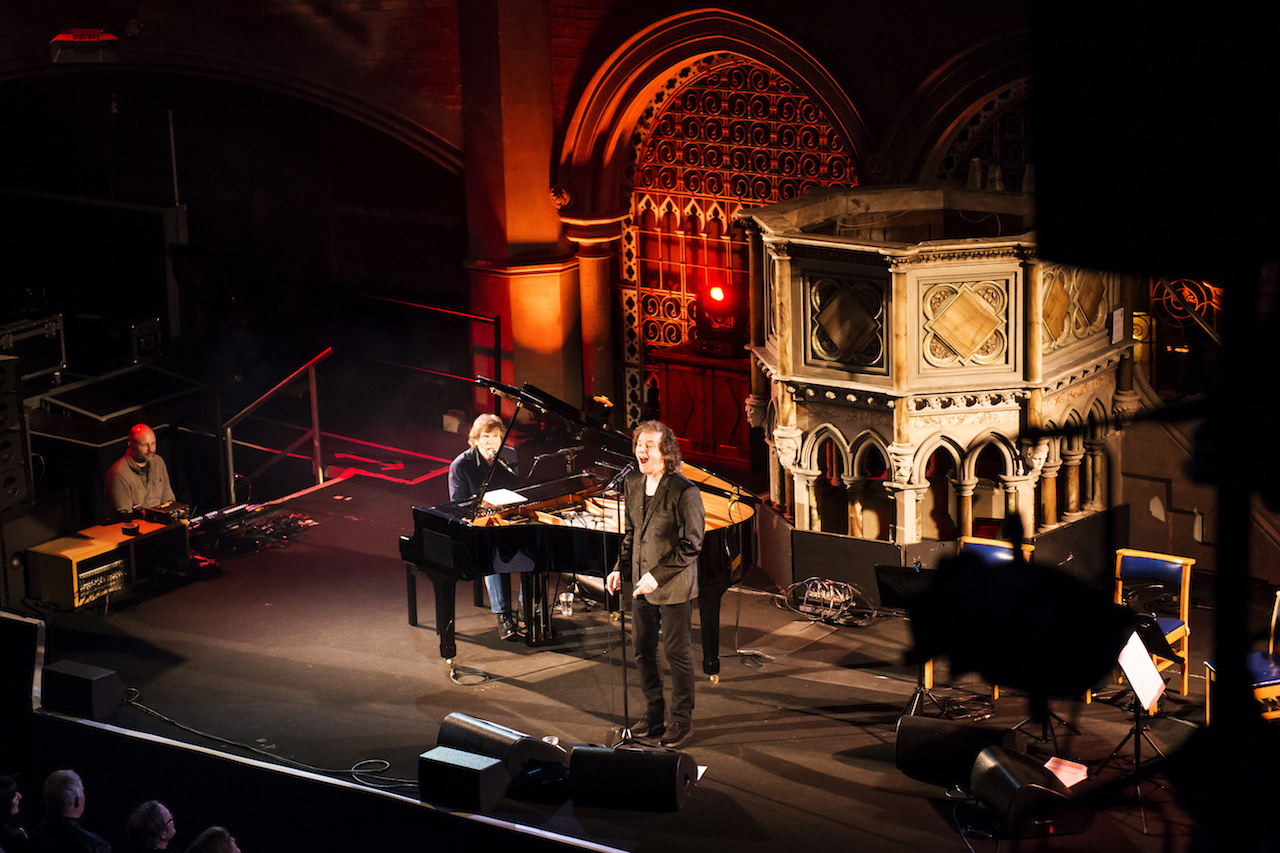
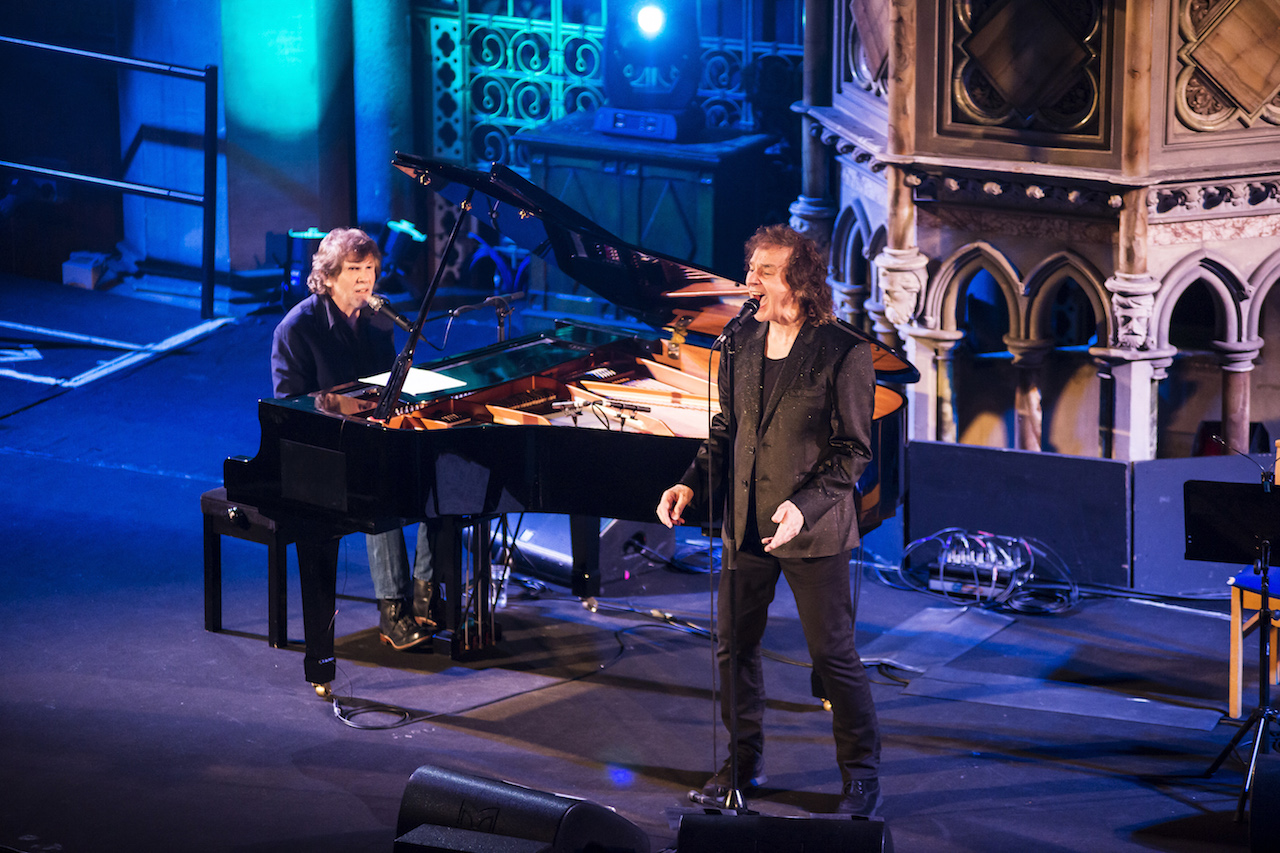
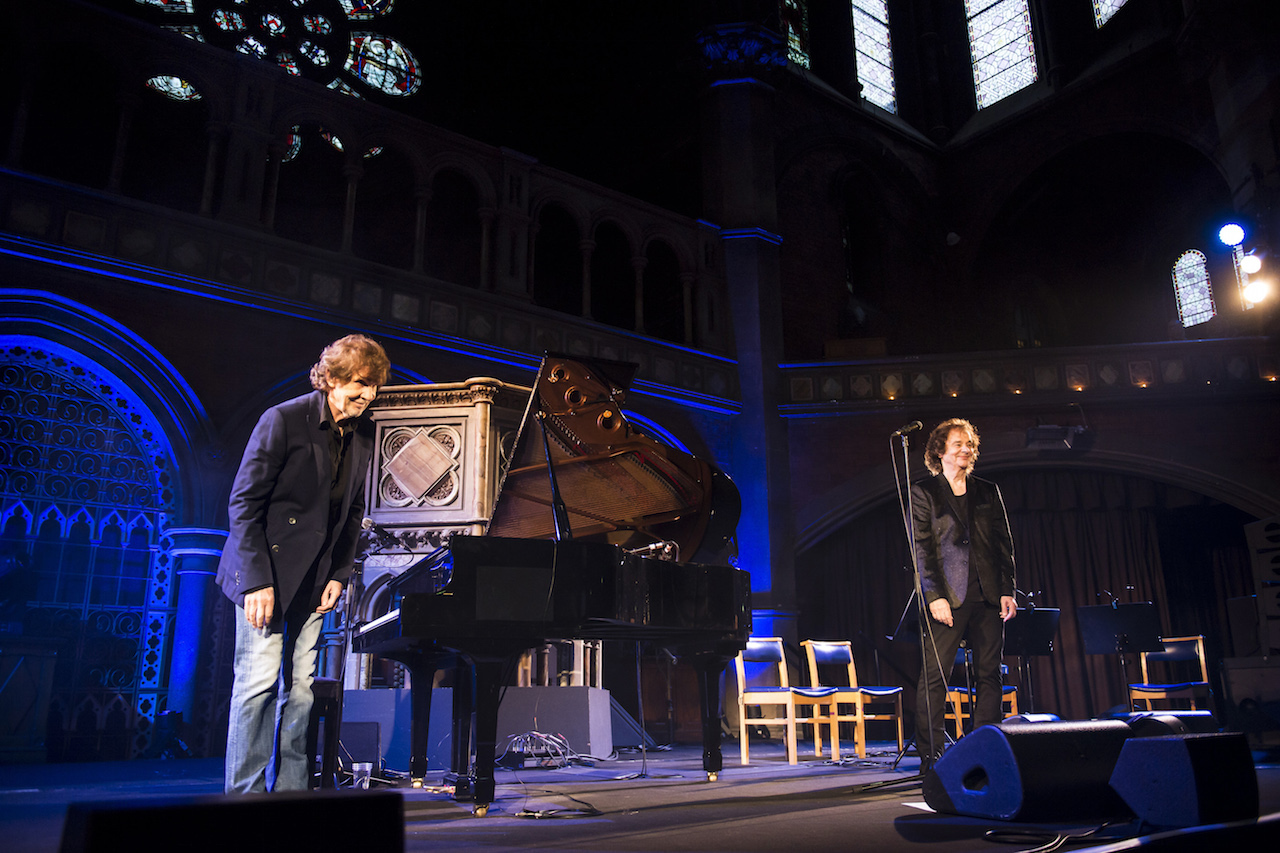
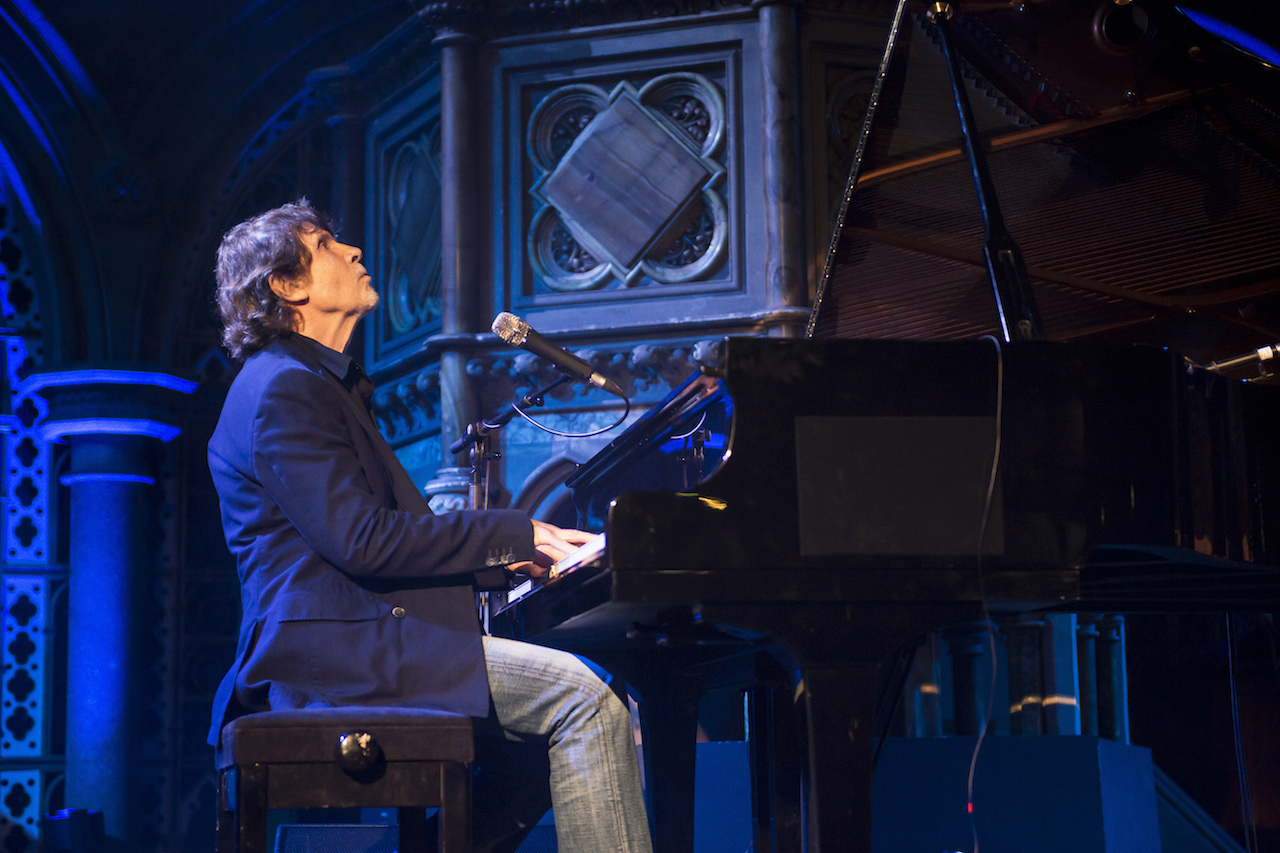
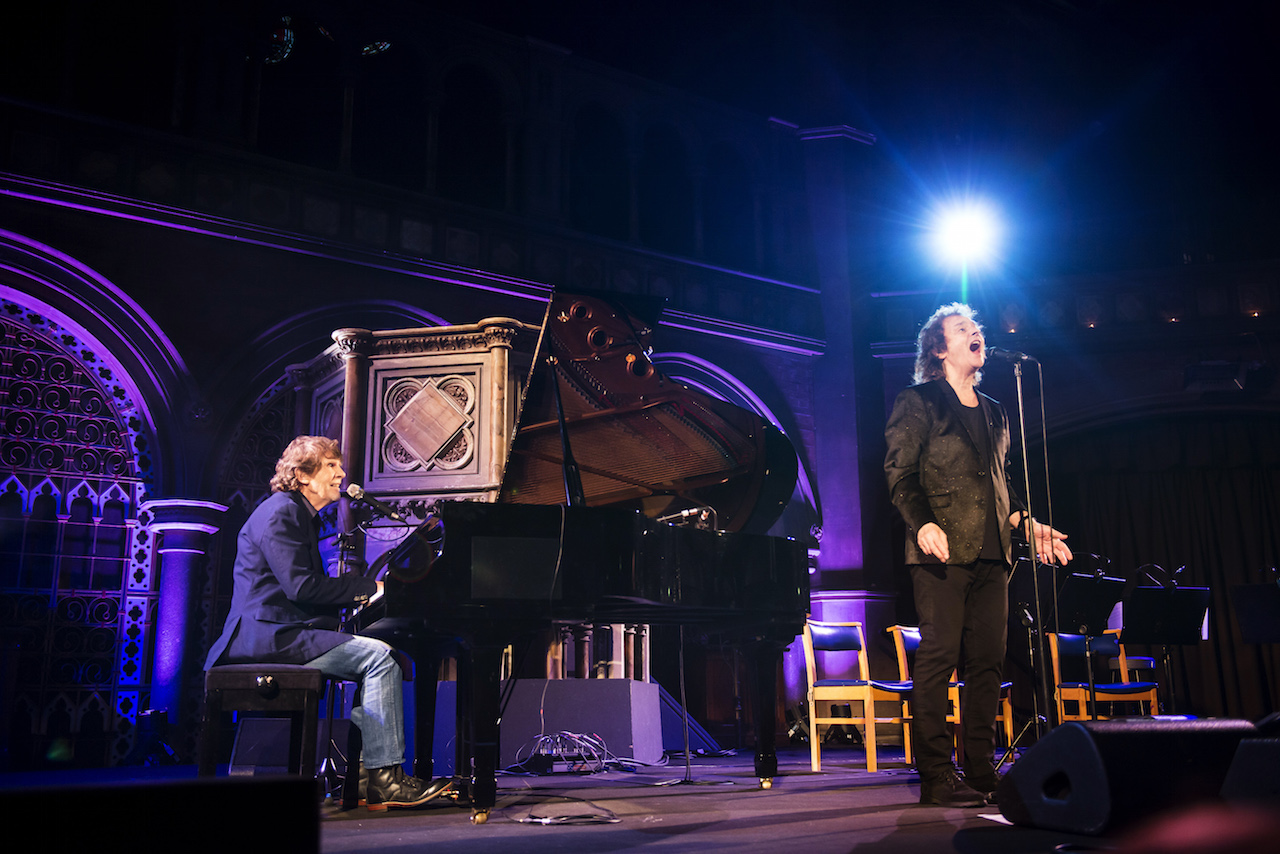
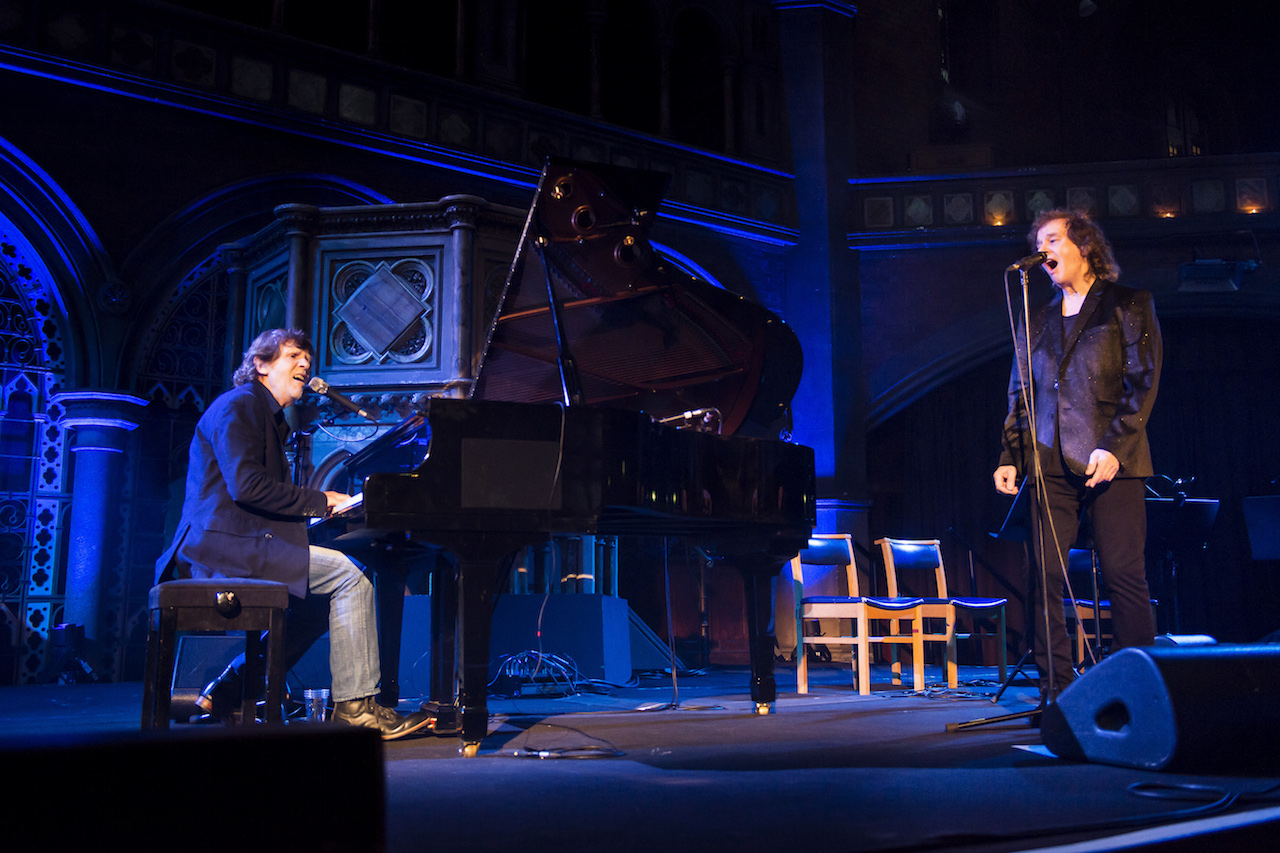
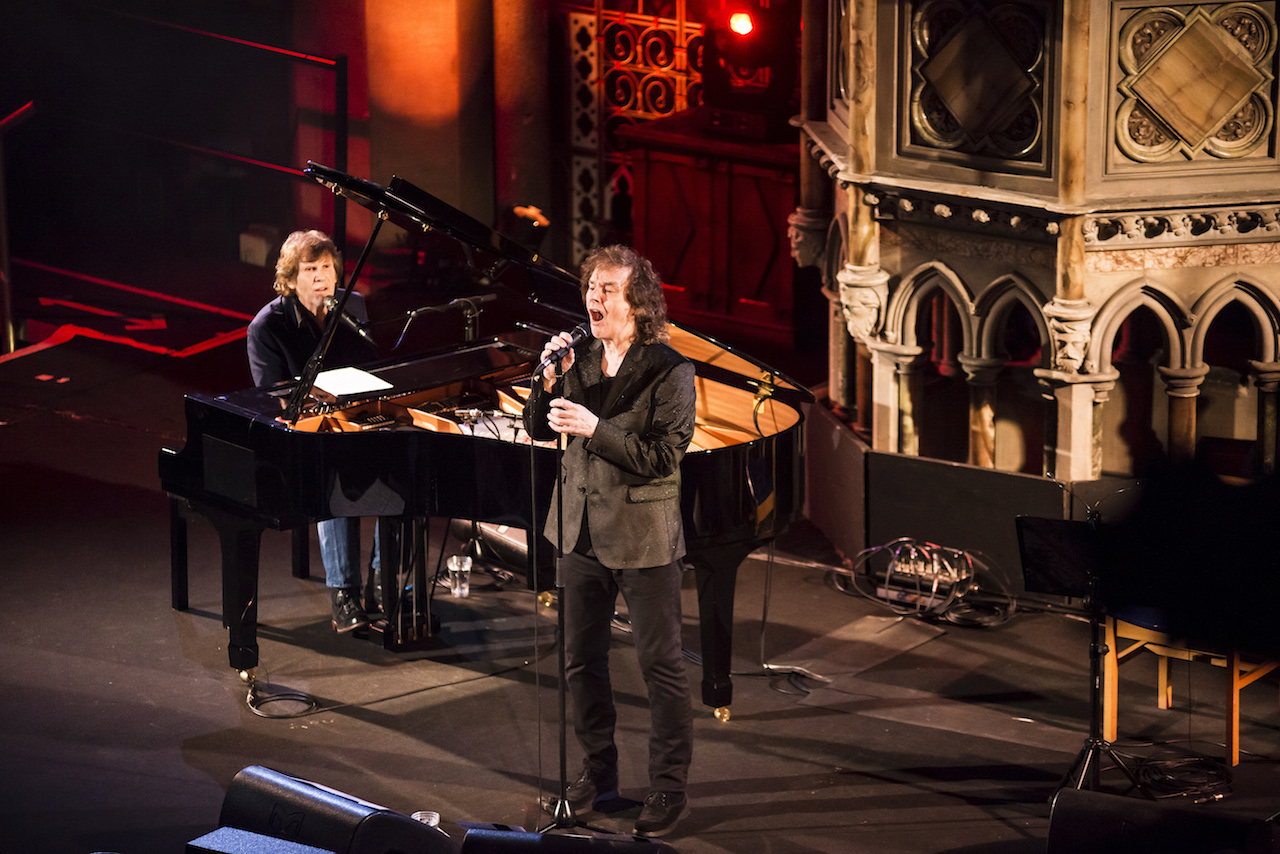
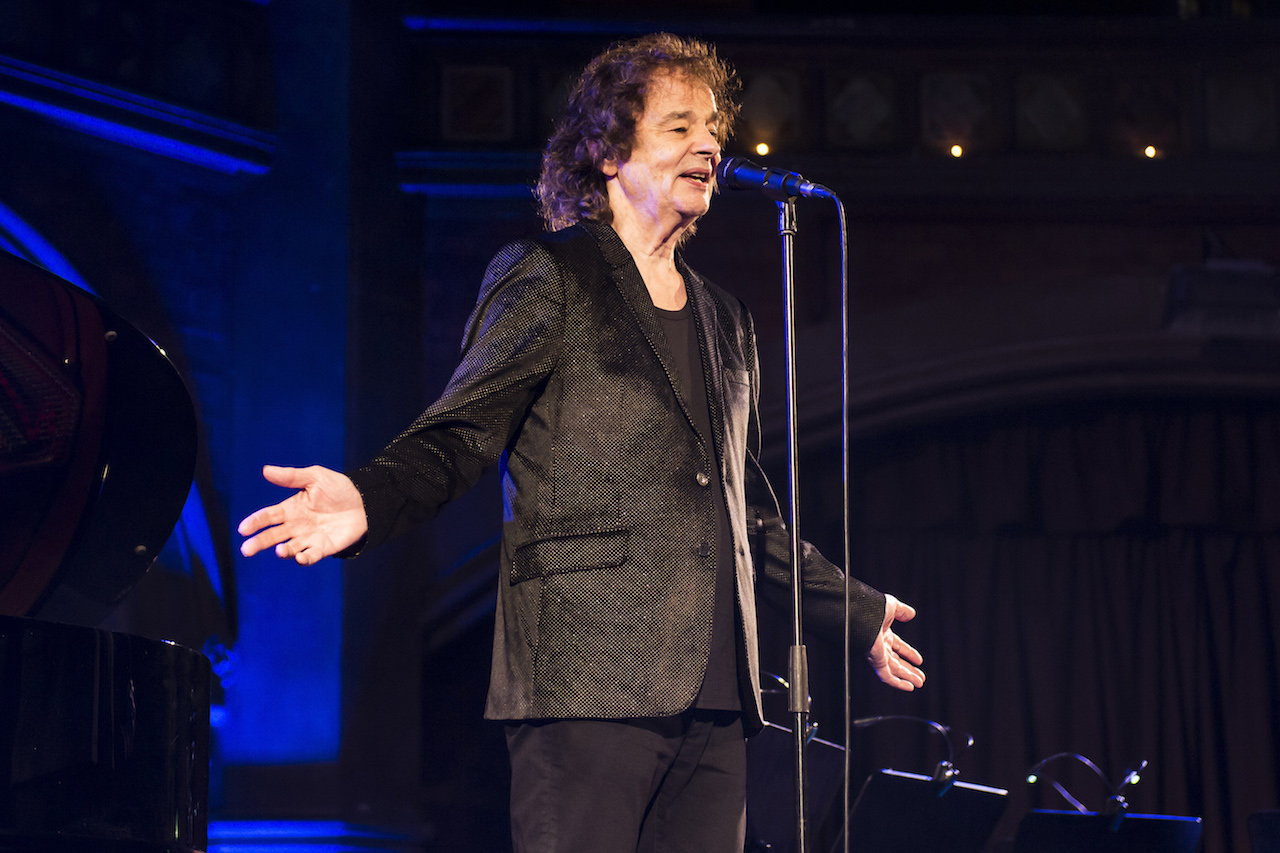
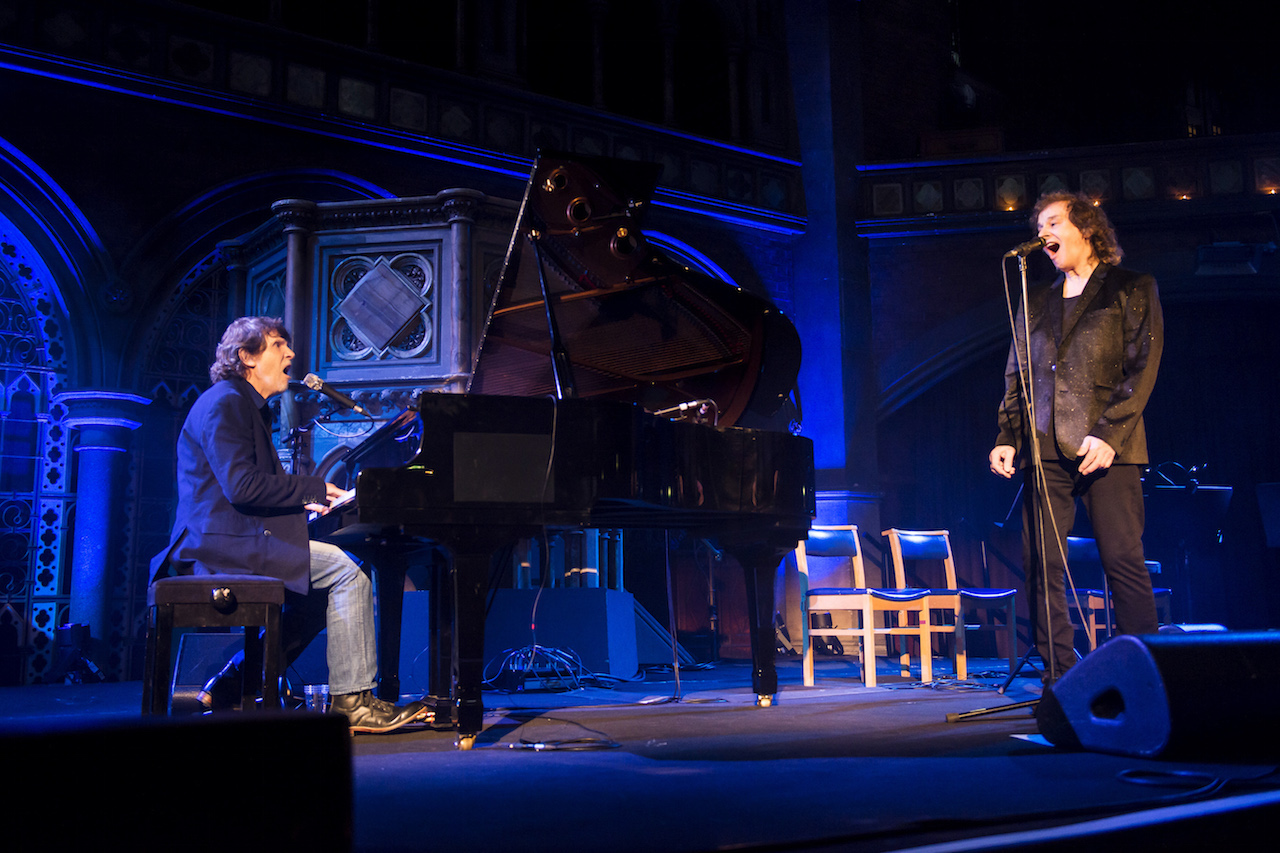
All pics: Will Ireland
Malcolm Dome had an illustrious and celebrated career which stretched back to working for Record Mirror magazine in the late 70s and Metal Fury in the early 80s before joining Kerrang! at its launch in 1981. His first book, Encyclopedia Metallica, published in 1981, may have been the inspiration for the name of a certain band formed that same year. Dome is also credited with inventing the term "thrash metal" while writing about the Anthrax song Metal Thrashing Mad in 1984. With the launch of Classic Rock magazine in 1998 he became involved with that title, sister magazine Metal Hammer, and was a contributor to Prog magazine since its inception in 2009. He died in 2021.
